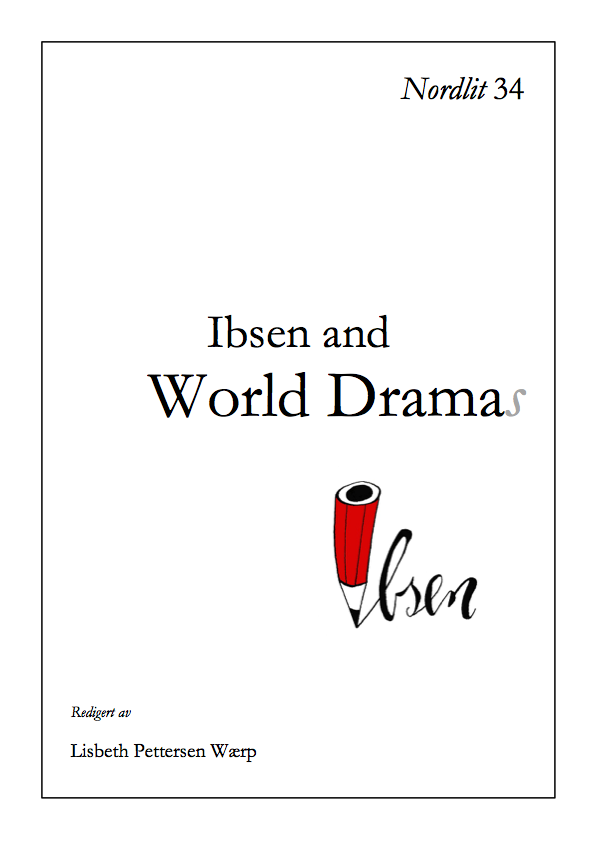The enigma of capitalism - Beyond human power II and John Gabriel Borkman. Bjørnstjere Bjørnson and Henrik Ibsen as critics of capitalism
DOI:
https://doi.org/10.7557/13.3358Emneord (Nøkkelord):
Ibsen, Bjørnson, capitalism, labor conflict, finance, FaustSammendrag
The mid-1890s saw the publication of two seminal critiques of capitalism in Norwegian drama: Bjørnstjerne Bjørnson’s Beyond Human Power – Second Play (1895), and Henrik Ibsen’s John Gabriel Borkman (1896). The obvious differences, as well as the similarities of these plays, invite a comparative analysis.
Bjørnson’s play is a sociological depiction of class differences and class struggles, expressed in collective action strategies by employers, and a strange mixture of powerlessness and terrorism by the working class. The main references are work relations and social and political collectivities. Nevertheless, identities and close social relations are a necessary part of social structures as well as dramatic plots. The analysis of Bjørnson’s play focuses on the relationships between individual lives and individual action on the one hand, and the broad social landscape on the other.
John Gabriel Borkman is about a stagnated universe, where all of the main characters are trying to revive the past. Borkman is not about work and collectivities, but about financial capital. To Ibsen, financial capital is the ideal environment for research on the ambitions and shortcomings of individuals. Finance in one sense leads to the aggrandizement of individual power; it makes possible the idea that one man can rule the world. At the same time, there is a world of production in the Ibsenesque universe, as there is a world of social identities in Bjørnson.
The inspiration for both plays may be found in the developments of capitalism during the latter half of the nineteenth century, but also in their intertextual relationships with Nietzsche and Goethe’s Faust.









